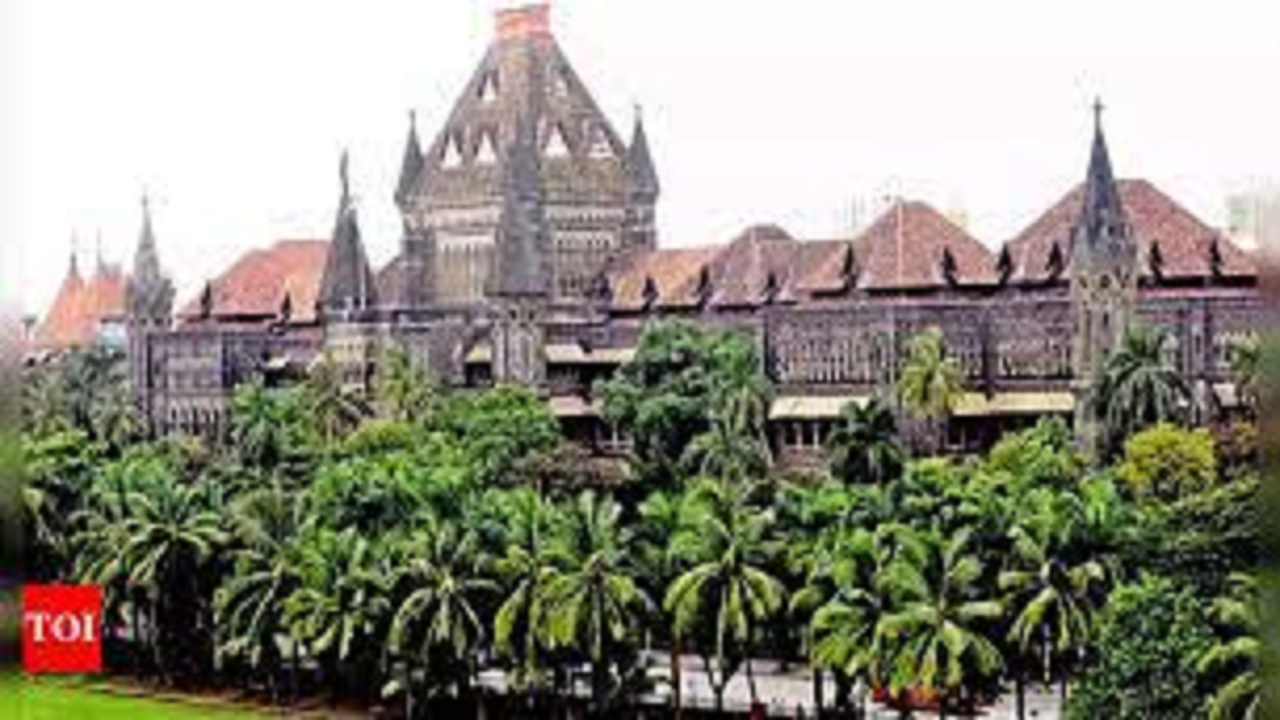MUMBAI: Holding that a housing society is not a profit-making body, the Bombay HC has said that the model cooperative housing society bye-laws cannot be interpreted to mean that a fund to organise cultural and recreational activities can only be created from its profits.
Dismissing a petition challenging a resolution passed at a housing society’s annual general meeting 17 years ago on levying mandatory charges for ‘cultural activities’, Justice Madhav Jamdar said, “It is well established that human being is a social animal.Hence, it is impor tant for housing societies to organise and conduct social, cultural or recreational activities.” He said bye-law 5(d) specifically provides for such activities as one of the objectives of a housing society.
He observed that there is a distinction between housing societies and other societies under the Maharashtra Cooperative Societies Actthus holding that a collection for cultural activities is permitted. While the petitioner cited bye-law 148 to contend that only “profits of the society” are to be allocated to a ‘common welfare fund’ for any cultural activity, the Bombay high court said that bye-law “cannot be interpreted in such a manner that there is a restriction on the society to set up a cultural fund and collect the contribution… and that such a fund [can] be created only from profit earned by society”.
The only prohibition on collection of such a charge is that it should be approved by the society’s general body and it should not contradict provisions of the Act, said the HC in a September 25 ruling made available on Saturday. In her 2019 petition against the managing committee of Shreeji Ville Cooperative Housing Society (CHS), Jyoti Lohokare, a member of the CHS, had also said that bye-law 65, which deals with ‘composition of charges of society’, doesn’t provide for a levy for ‘cultural activities’ and, hence, the society’s mandatory charges for such activities were illegal.
The CHS had opposed the plea, saying the annual general body meeting in November 2006, as required by the law, had approved setting up a cultural fund and deducting Rs 70 per flat per month towards it. The Thane co-operative court had in March 2019 dismissed Lohokare’s petition against the CHS’ move, and the Maharashtra State Cooperative Appellate Court in Mumbai had in June 2019 confirmed the order. The HC noted that byelaw 65 includes “any other charges” as decided by the general body meeting so long as they don’t contradict the Maharashtra Cooperative Societies Act or the bye-laws.
The court said as per the law, a ‘society’ is an autonomous association of persons, united voluntarily to meet their common needs and aspirations through a jointly owned and democratically controlled enterprise and adhering to the cooperative principles and values. It observed that it was “unfortunate” that one member in a society of 100 was raising an objection to collection of a cultural fund.
Dismissing a petition challenging a resolution passed at a housing society’s annual general meeting 17 years ago on levying mandatory charges for ‘cultural activities’, Justice Madhav Jamdar said, “It is well established that human being is a social animal.Hence, it is impor tant for housing societies to organise and conduct social, cultural or recreational activities.” He said bye-law 5(d) specifically provides for such activities as one of the objectives of a housing society.
He observed that there is a distinction between housing societies and other societies under the Maharashtra Cooperative Societies Actthus holding that a collection for cultural activities is permitted. While the petitioner cited bye-law 148 to contend that only “profits of the society” are to be allocated to a ‘common welfare fund’ for any cultural activity, the Bombay high court said that bye-law “cannot be interpreted in such a manner that there is a restriction on the society to set up a cultural fund and collect the contribution… and that such a fund [can] be created only from profit earned by society”.
The only prohibition on collection of such a charge is that it should be approved by the society’s general body and it should not contradict provisions of the Act, said the HC in a September 25 ruling made available on Saturday. In her 2019 petition against the managing committee of Shreeji Ville Cooperative Housing Society (CHS), Jyoti Lohokare, a member of the CHS, had also said that bye-law 65, which deals with ‘composition of charges of society’, doesn’t provide for a levy for ‘cultural activities’ and, hence, the society’s mandatory charges for such activities were illegal.
The CHS had opposed the plea, saying the annual general body meeting in November 2006, as required by the law, had approved setting up a cultural fund and deducting Rs 70 per flat per month towards it. The Thane co-operative court had in March 2019 dismissed Lohokare’s petition against the CHS’ move, and the Maharashtra State Cooperative Appellate Court in Mumbai had in June 2019 confirmed the order. The HC noted that byelaw 65 includes “any other charges” as decided by the general body meeting so long as they don’t contradict the Maharashtra Cooperative Societies Act or the bye-laws.
The court said as per the law, a ‘society’ is an autonomous association of persons, united voluntarily to meet their common needs and aspirations through a jointly owned and democratically controlled enterprise and adhering to the cooperative principles and values. It observed that it was “unfortunate” that one member in a society of 100 was raising an objection to collection of a cultural fund.







